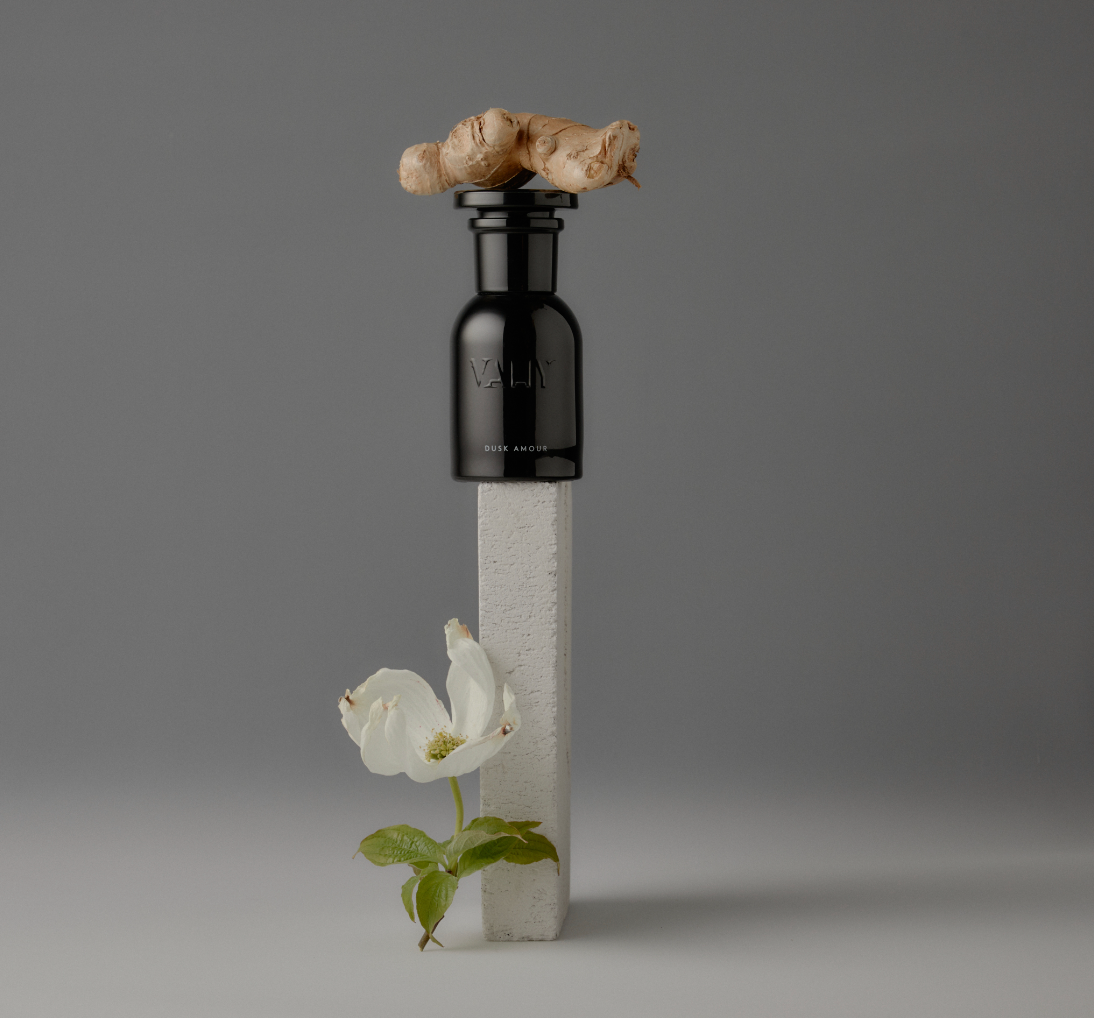Ingredient Transparency: Why does it matter?

What is ingredient transparency?
To us, ingredient transparency is disclosing the chemicals used in your perfume. Rather than using vague or broad terms like ‘parfum’ instead actually listing the individual ingredients in this category. Look on the back of any mass commercial perfume and you will see ‘parfum’, ‘fragrance’ or ‘denatured alcohol’ listed along with a list of allergens. What isn’t commonly known is that these terms are a mask for thousands of other chemicals that you are unknowingly spraying on your pulse points.
What’s actually in mass market perfumes?
Concerningly, often these chemicals have not been tested for safety with personal care use. The Environmental Working Group analysed the top selling commercial perfumes and found that on average there were 14 secret ‘ingredients of concern’ that were not disclosed on the label. These included:
- Hormone disruptors
- Chemicals that promoted organ toxicity
- Carcinogens
- Sensitizers (chemicals that trigger allergic reactions)
In addition these chemicals can be associated with air and water pollution and bio-accumulation (ie your body stores them as they do not organically break down). We think that you have a right to know if you are spraying these types of chemicals on your body and they are being absorbed into your blood stream
Why don’t perfume companies disclose their ingredients?
In most countries you simply do not have to legally disclose ingredients outside of a specific set of allergens. These outdated laws reflect the fact that perfume ingredients used to be trade secrets known only by the fragrance house. However, these laws protecting secrecy do not reflect the current times as there are now machines called mass spectrometers that any fragrance can be put into and the chemicals contained in that fragrance are instantly known. You can see this in the market by how many ‘dupe’ fragrances there are out there!
In our view, big perfume houses now lobby to keep these outdated laws to shield customers from knowing what is actually in the scent they are spraying all over their body. They know that if this information was widely available, people would not want to use their products anymore.
Why do you need transparency?
Simply put, you have a right to know what you’re putting on your body so you can make an educated decision. If you suffer a reaction to a natural perfume or a synthetic perfume, without this information you have no way of narrowing down what might have given you a reaction to your perfume. Of course, you can make naughty consumption decisions (I mean who hasn’t eaten fast food or dove into a glass of wine – it’s all about balance right?!) but it should be your right to know what you’re putting into your body and consciously make that decision.
In addition, if the public was aware of what some fragrance companies were putting in their perfumes it is our strong view that these products would not be used anymore. This applies to small fragrance houses, the multinational houses as well as frustratingly quite a few fragrance houses that claim they make ‘clean perfume’ or ‘natural perfume’.
How do you know if the ingredient list is transparent?
Our tips for ensuring that you are getting ingredient disclosure are to look at the brand’s website and packaging at the ingredient list. Look out for terms like ‘fragrance’, ‘parfum’ or ‘denatured alcohol’ as these are terms that signal the ingredients are not being disclosed. If you see these terms we suggest that you directly ask the fragrance house to confirm their list of ingredients in their natural perfume or synthetic perfume. If they don’t respond or respond with vague terms like ‘parfum’ then be very wary.
Please be wary that scent note disclosure (white floral, amber, spices etc) is not the same as ingredient disclosure. In synthetic perfumes, these scent notes can be made from lab-created petrochemical derivatives.
How do you know if the ingredient list is natural?
The ingredient list should give you a good idea of whether a perfume is a 100% natural perfume or not. To help we suggest that you use apps like:
- Switch Natural
- Think Dirty
- INCI Beauty
- EWG Skin Deep
- Good Face Project
- Yuka
- Cosmethics
- SuperGreat
Please don’t trust when it is simply the perfume house saying 100% natural without proper ingredient disclosure. We’ve sadly seen a few ‘100% natural’ fragrances that contain synthetics. This among the other reasons above is why we strong advocate for more regulation in the fragrance industry. We’d love the public to be able to choose the product they think is best for their body and environment with all the relevant information infront of them.
What can I do to be the change I want to see?
It is our mission to change these outdated laws so the public can be aware of what they are putting on their bodies. If this is something you are interested in we ask that you ask perfume companies to provide their ingredient lists and if they say no, ask why not? When you’re out shopping ask your local stores what 100% natural perfume they have and which synthetic fragrances they have that provide full ingredient disclosure. Find out what local MPs you have that support clean beauty and regulation of the industry.


